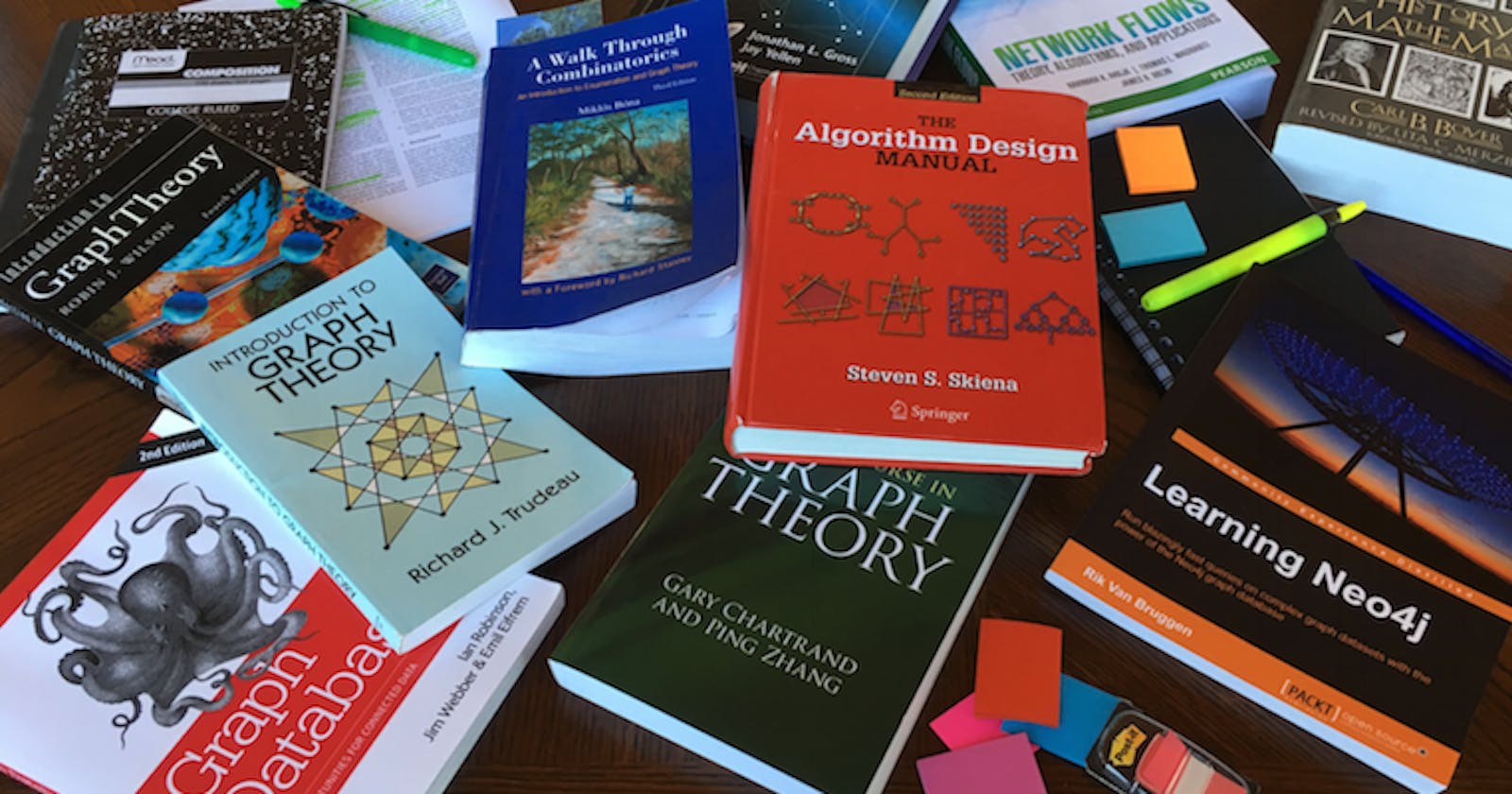Table of contents
No headings in the article.
Introduction: In today's competitive job market, companies are increasingly emphasizing Data Structures and Algorithms (DSA) in their hiring processes. Whether it's Online Assessment (OA) rounds or technical interviews, having a strong foundation in DSA is essential. This blog post will serve as your comprehensive guide to get started with DSA, providing you with tips, learning resources, and problem sets to help you succeed!
💡 Pick a Language To embark on your DSA journey, it's important to choose a programming language. While you can use any language, the most popular options are C++, Java, and Python. Opting for a popular language offers advantages such as abundant resources and online support. If you have no preference, C++ is highly recommended due to its efficiency in competitive programming scenarios.
📚 Get Started To lay a strong foundation in DSA, let's take a look at a rough syllabus of topics you need to cover:
Programming Basics:
Datatypes
I/O
And more...
Time Complexity and Space Complexity
Searching:
Linear Search
Binary Search
Sorting:
Selection Sort
Bubble Sort
Merge Sort
Quick Sort
Data Structures:
Sets
Maps
Stacks
Queues
Linked Lists
Number Theory
Bit Manipulation
Recursion
Greedy Algorithms
Graph Theory:
Depth-First Search (DFS)
Breadth-First Search (BFS)
Dijkstra's Algorithm
Binary Search Trees
Dynamic Programming
Other Specific Algorithms:
Hashing
Sliding Window
Divide and Conquer
📖 Learning Resources Now that you know the syllabus, let's explore some excellent resources to aid your learning process:
📚 Books:
Competitive Programmer’s Handbook: 📖 Link
- This comprehensive book covers everything from basic concepts to advanced Competitive Programming (CP) topics. For DSA interviews, focus on chapters 1 to 13. It's mostly language-agnostic but provides C++ code examples.
Data Structures and Algorithms in Python: 📖 Link
- Although I haven't personally read this book, it comes highly recommended for learning DSA in Python.
🎥 Video Lectures:
Luv CP/DSA Playlist: 🎥 Link
- This playlist, focusing on C++, offers excellent explanations of concepts that are applicable regardless of the programming language you choose. Warning: The playlist is in Hinglish (Hindi-English mix).
Aditya Verma: 🎥 Link
- Aditya Verma's channel is known for its exceptional Dynamic Programming playlist. Additionally, he covers other topics such as Binary Search, Recursion, Stacks, and Sliding Window.
Striver: 🎥 Link
- Striver's problem-solving skills are highly regarded, and his playlists cover topics like Recursion, Dynamic Programming, Greedy Algorithms, Binary Search, and Trees.
LuvBabbar: 🎥 Link
- This playlist compiles study material for all DSA topics, offering a comprehensive resource for your learning journey.
🗺️ Roadmaps:
Roadmap to CP: 📄 Link
- This detailed roadmap provides question and lecture links for the entire relevant syllabus. You can exclude the "Advanced" concepts if you're focusing on cracking DSA interviews.
🌐 Other Helpful Websites:
CP-Algorithms: 💻 Link
- This brilliant website offers explanations, pseudocode, and relevant questions for a wide range of algorithms. It provides concise and to-the-point resources without unnecessary fluff.
GeeksforGeeks: 💻 Link
- GeeksforGeeks is a well-known website offering explanations, codes, and examples for algorithms, data structures, and popular interview questions.
🔎 Questions Once you're familiar with the syllabus and have a good grasp of the concepts, it's time to solve practice questions. Here are some recommendations:
Leetcode Easy: 🔗 Link
- Start with easy questions on Leetcode to build your confidence. Keep solving until you feel comfortable tackling any easy question. Afterward, you can move on to topic-wise problem sets.
Compiled Problem Sets:
💻 For OA Practice In addition to problem-solving, it's crucial to practice within time constraints, as it is often a key factor in interviews and OAs. Here are some beginner-friendly contests:
Codeforces Contests: 🔗 Link
- Begin with Division 3 contests, gradually solving A, B, and later C-level questions. Once you feel comfortable, you can participate in Div 2 contests as well.
LeetCode Contests: 🔗 Link
- Aim to solve at least two questions in each weekly and biweekly contest to challenge yourself and improve your speed.
Atcoder Contests: 🔗 Link
- Participate in the 'Beginner Contests' to get started with Atcoder.
Codechef Contests: 🔗 Link
- Codechef offers timed contests like Cookoff, Lunchtime, and Starters, which are suitable for beginners.
🔑 Tips To enhance your coding interview experience, consider these valuable tips
:
- Practice coding on Google Docs occasionally to familiarize yourself with the environment and get out of your comfort zone.
Conclusion: Starting your journey in DSA can be daunting, but with the right resources and a systematic approach, you can build a strong foundation. Remember to pick a suitable language, follow a structured syllabus, utilize books, videos, and websites for learning, solve practice questions, and participate in timed contests. By incorporating these strategies and putting in consistent effort, you'll be well-prepared to ace your coding interviews. Happy coding! 💪👩💻👨💻

